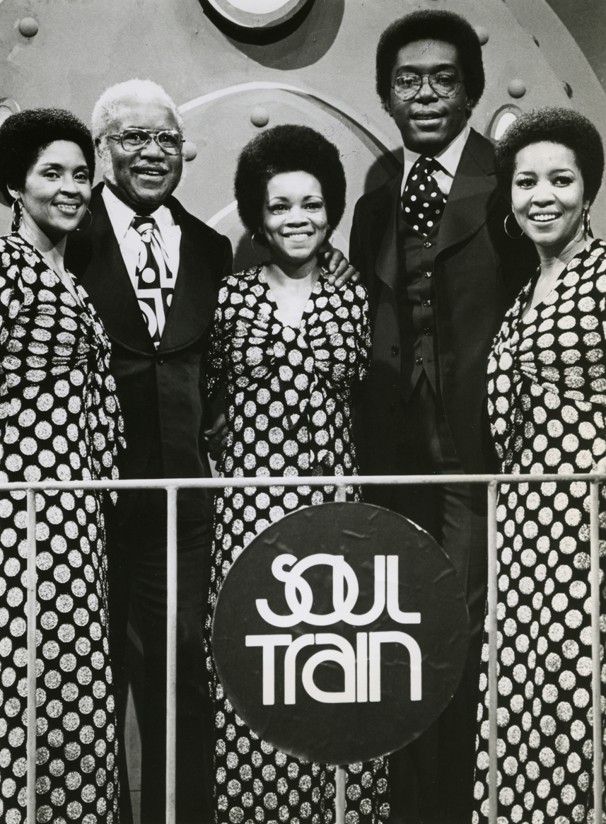
From their gospel roots to secular success, The Staple Singers played an important in helping to compose the soundtrack of the civil rights movement. As the only surviving member, the youngest sibling, Mavis is still going strong at 85 years old. Here is a small sample of twelve of their socially conscious tunes.
Masters of War
The Staple Singers covered multiple Bob Dylan songs, including two off of their 1964 album This Little Light (“Hard Rain’s Gonna Fall” and “Masters of War”). This was at a stage where the Staples were starting to incorporate some secular material along with the traditional gospel. But the denunciation message of “Masters of War” was well suited to their righteous delivery.
Freedom Highway
“Freedom Highway” is the title track of their 1965 live album. The Pop Staple composed tune references the Selma Freedom Marches that took place in March of 1965. The song also alludes to the murder of 14-year-old African-American Emmett Till, who was lynched on August 28, 1955, in the Mississippi, Tallahatchie River. The song became a staple (no pun intended) of the civil rights movement.
Why? (Am I Treated So Bad)
“Why? (Am I Treated So Badly)” is from their 1966 album Why. The song asks why people get treated differently just because of the color of their skin. Another poignant entry in the canon of civil rights anthems.
For What It’s Worth
“For What It’s Worth” was written by Stephen Stills and was a 1967 hit for Buffalo Springfield and it has since become an enduring protest standard. The Staples’ version is the title track of their 1967 album. The edgy soulfulness adds a different dynamic and poignancy to the tune.
Long Walk To D.C.
“Long Walk To D.C.” is off of their 1968 album, Soul Folk In Action. With both the civil rights movement and the Vietnam War, marching on Washington was a powerful tool of protest. The song also takes on renewed poignancy with the increase in Washington marches during recent years.
When Will We Be Paid
“When Will We Be Paid” is off of their 1969 album, We’ll Get Over. The song addresses different injustices that black people have faced in America, such as slavery. It also addresses the issue of reparations for the past indignities.
This Is a Perfect World
“This is a Perfect World” is off of their 1971 album, The Staple Swingers. The song addresses the subject of racial hatred. In the eyes of The Staples, we are all created in God’s image, and the world would be perfect if humans chose to love instead of hate.
We The People
“We The People” is off of The Staple Singers’ 1972 commercial breakthrough, Be Altitude: Respect Yourself. It is a funky anthem of empowerment and unity.
I’ll Take You There
One of their signature hits, this empowering anthem was also on Be Altitude: Respect Yourself. It tapped into their gospel roots while blending it with a funky, accessible groove. Also highlights the gospel roots of the civil rights movement.
Respect Yourself
This rousing theme of self-empowerment was another massive hit from Be Altitude: Respect Yourself.
Bridges Instead of Walls
“Bridges Instead of Walls” is off of their 1973 album, Be What You Are. This anthem of peace and unity stresses the importance of listening to one another and trying to put our differences aside. It is a much needed message that resonates now more than ever.
Washington We’re Watching You
“Washington We’re Watching You” is off of their 1974 album, City In The Sky. This tune is a scathing rebuke on political corruption. It puts government officials on notice and it reminds them that they were elected to represent the will of the people. Another tune that continues to take on greater resonance as the years pass.


